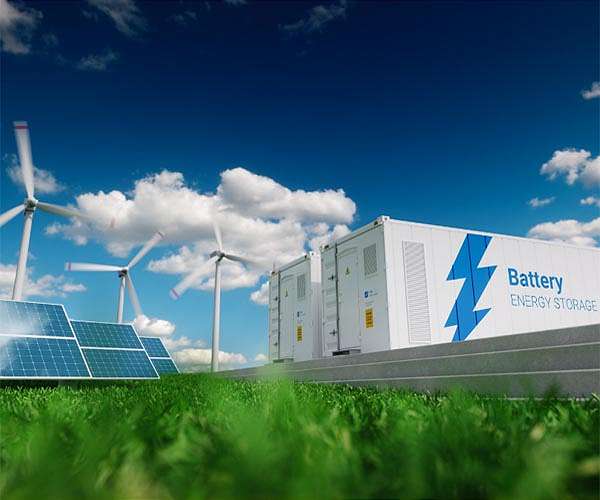Global Green Energy Push Likely to Continue Despite Trump Climate Retreat: UN
Donald Trump’s decision to withdraw the United States from the Paris climate agreement should not slow the global momentum toward renewable energy investments that the deal created, the UN said on Wednesday.
“I believe that many countries will continue to move toward green energy,” said Celeste Saulo, head of the United Nations World Meteorological Organization’s weather and climate agency.
As he took office Monday, President Trump announced the U.S. withdrawal from the 2015 Paris accord adopted by 195 parties to curb greenhouse gas emissions that drive climate change.
Critics warn the move undermines global cooperation in reducing fossil fuel use and could weaken other countries’ commitments to climate action.
But WMO chief Saulo said in a joint interview with AFP and Reuters that she did not believe the US exit would delay what would prove to be profitable investments in green energy.
The shift to renewable energy sources “is underway and … bringing wealth to the countries,” she said on the sidelines of the World Economic Forum at the Swiss Ski Resort Town of Davos.
“That won’t change.”
They don’t expect that people would move away from investments that are really very profitable and at the same time green initiatives.
“I think the move and the momentum that started with the Paris Agreement is there.”
– Early warnings –
Trump previously pulled the United States out of the Paris Accord in 2017, during his first term, only to see former President Joe Biden re-enter when he took office in 2021.
Monday’s announcement, on the first day back in power, indicated that the United States would formally leave within one year, according to the Accord’s rules.
It came as global average temperatures reached record highs as early as 2024, temporarily surpassing a critical 1.5 degrees Celsius warming threshold over the past two years.
Asked about Trump’s move, Saulo said it was “a decision of a sovereign country, and we have to accept that.”
The focus for the WMO now, she said, would be on “continuing the … strong U.S. cooperation and engagement” with the agency.
In particular, work to set up early warning systems for extreme weather events “would not be affected”, she said.
With extreme weather events on the rise, the UN has said it will be protected by early warning systems for floods, droughts, heat waves and storms by 2027.
Saulo emphasized the close cooperation between WMO and the US National Oceanic and Atmospheric Administration (NOAA). NOAA’s work has been “quite impactful globally,” she emphasized.
“I’m sure that will continue in the same vein as they save lives,” including using climate information to provide early warnings of impending disasters.
“I would say the United States is one of the countries that uses the most climate information for decision-making,” she said.


